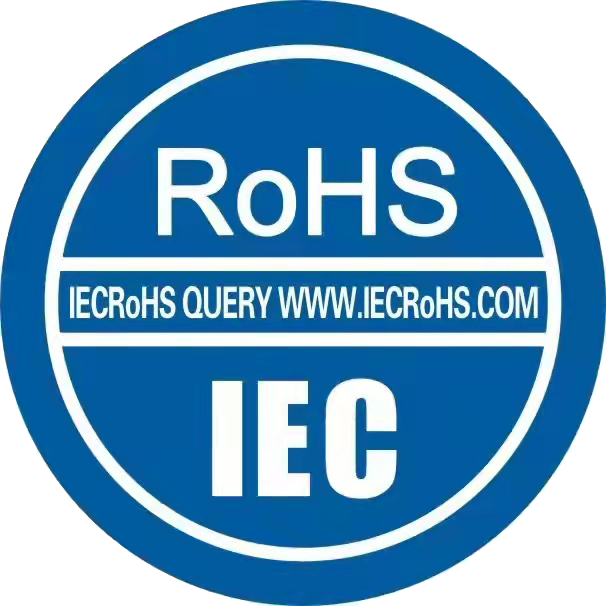SGS Audit: Ensuring Quality and Compliance in Global Business
In today’s competitive global market, businesses must adhere to stringent quality, safety, and compliance standards to maintain credibility and customer trust. One of the most recognized names in this field is SGS, a global leader in inspection, verification, testing, and certification. An SGS audit is a critical tool for organizations aiming to meet international standards and regulatory requirements. This article explores the importance of SGS audits, their benefits, and how they help businesses achieve excellence.
What Is an SGS Audit?
An SGS audit is a systematic evaluation conducted by SGS professionals to assess whether a company’s processes, products, or services comply with specific standards, regulations, or customer requirements. These audits are designed to identify gaps, improve operational efficiency, and ensure adherence to best practices. SGS audits cover various industries, including manufacturing, food safety, healthcare, and environmental management, making them a versatile solution for businesses worldwide.
Why Are SGS Audits Important?
SGS audits play a pivotal role in helping organizations demonstrate their commitment to quality, safety, and sustainability. By undergoing an SGS audit, companies can gain a competitive edge, enhance their reputation, and build trust with stakeholders. Additionally, these audits help businesses identify potential risks, reduce operational inefficiencies, and ensure compliance with local and international regulations. Whether it’s ISO certification, supply chain verification, or environmental compliance, an SGS audit provides actionable insights for continuous improvement.
Types of SGS Audits
SGS offers a wide range of audit services tailored to meet the unique needs of different industries. Some of the most common types of SGS audits include quality management system audits, environmental audits, health and safety audits, and supply chain audits. Each type focuses on specific aspects of business operations, ensuring comprehensive coverage of critical areas. For example, a quality management system audit evaluates whether a company meets ISO 9001 standards, while an environmental audit assesses compliance with ISO 14001.
Benefits of an SGS Audit
Undergoing an SGS audit offers numerous benefits for businesses of all sizes. First, it provides independent verification of compliance, which can be invaluable for securing contracts and partnerships. Second, it helps organizations identify areas for improvement, leading to cost savings and enhanced productivity. Third, an SGS audit enhances brand reputation by demonstrating a commitment to excellence and customer satisfaction. Finally, it ensures regulatory compliance, reducing the risk of fines, legal issues, and reputational damage.
How to Prepare for an SGS Audit
Preparing for an SGS audit requires careful planning and attention to detail. Companies should start by reviewing the relevant standards or regulations applicable to their industry. Next, they should conduct an internal audit to identify any gaps or non-conformities. Training employees on audit requirements and maintaining accurate documentation are also crucial steps. By proactively addressing potential issues, businesses can streamline the audit process and achieve favorable outcomes.
About SGS: A Global Leader in Audit and Certification
SGS, founded in 1878, is the world’s leading inspection, verification, testing, and certification company. Headquartered in Geneva, Switzerland, SGS operates in over 140 countries and employs more than 96,000 professionals. The company provides a broad range of services, including audits, certifications, and training, helping businesses across industries achieve compliance and operational excellence. With a reputation for integrity, accuracy, and innovation, SGS is a trusted partner for organizations worldwide.
Conclusion
An SGS audit is an essential tool for businesses seeking to uphold the highest standards of quality, safety, and compliance. By partnering with SGS, organizations can gain valuable insights, improve their operations, and build trust with customers and stakeholders. Whether you’re aiming for ISO certification, supply chain verification, or environmental compliance, an SGS audit provides the expertise and credibility needed to succeed in today’s competitive market.
Disclaimer
This article is for informational purposes only and does not constitute professional advice. SGS and the author of this article, as well as the publishing platform, are not responsible for any actions taken based on the information provided herein. Readers are encouraged to consult with qualified professionals for specific guidance related to SGS audits and compliance requirements.

